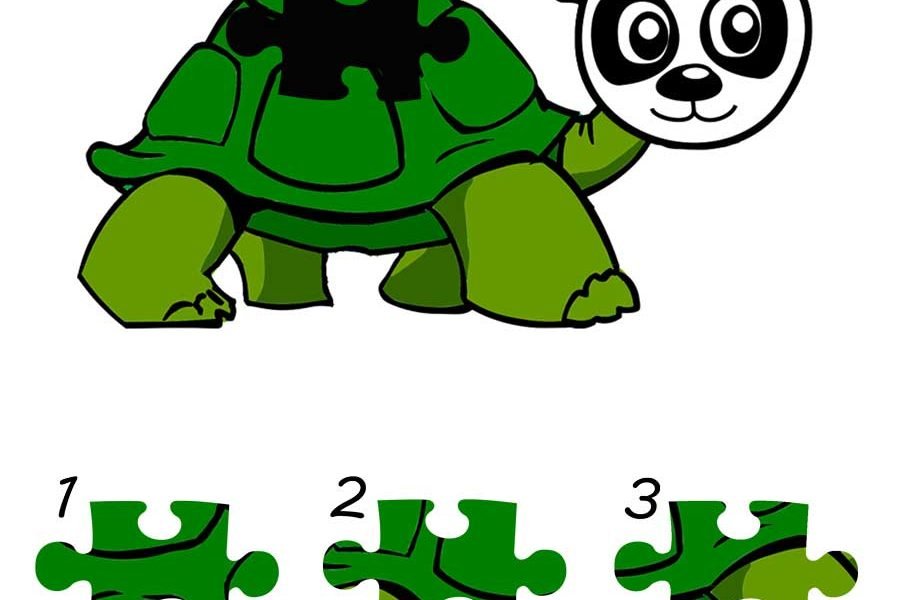[Fun activities] Thinking games
Six thinking games to keep the minds of your kids occupied and their brains exercised:
1. Imaginary Traveler. Taking turns, and continuing with consecutive letters of the alphabet, kids imagine where they might go and what object they want to take along on their trip. For example, “I’m going to Aunt Amanda’s and I’m taking my Aardvark.” “I’m going to Bermuda and I’m taking my Blue Balloon.” Encourage participants to be as silly as possible.
2. Story Time. One child begins a story with a single sentence. Building upon that sentence the next child continues the story with his own sentence to continue the story. You can vary this game so that the story is told with alternating words, phrases, sentences or paragraphs.
3. I See A Rhyme. Taking turns, complete the sentence “I see a ____.” Each player must rhyme the last word with the previous player’s word. For example, “I see a bat”, “No, I see a hat”, “But I see a cat!” When you’ve exhausted one rhyme, start with a new word!
4. Fortunately/Unfortunately. This game is inspired by Remy Charlip’s book, Fortunately. One player starts a story with a sentence such as “Fortunately, the bus is coming.” The next player counters with a sentence such as, “Unfortunately, it turned into an airplane and flew away!” The next player starts again with “Fortunately…” My boys love this one.
5. Name Five. Choose a category such as states, flowers, animals and going through the alphabet, each player must name five things in that category. For example, if animals is the category, the first player may say aardvark, antelope, ant, anteater, ape. The next player starts with B: baboon, bee, bear, bullfrog, bird.
6. Timed Categories. The cell phone in your pocket probably has a stopwatch. Pick a category such as animals, games, plants, purple foods and challenge you children to see how many items they can come up with in that category in one minute.
Don’t forget to factor in the ages of your littlest participants. Each game can be altered accordingly. Name Five might become “Name Two,” for example. And don’t be surprised if your kids want to make up their own thinking games. It’s a sure sign that their brains are in good working shape.
Source: Website ‘What do we do all day’


